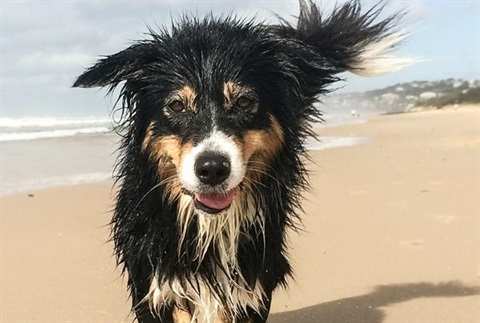Heat Stress in Animals

It is vital that animals have constant access to both water and shade as heat stress can develop extremely quickly in hot weather during summer. “Owners need to ensure their pets are kept safe, cool and hydrated to avoid a cruel death,” says RSPCA NSW Chief Veterinarian Dr Magdoline Awad. “If dogs need to be kept outside a good idea is to leave a few bowls of cold water in the shade in case one gets knocked over," said Dr Awad. RSPCA NSW and RSPCA supporters have offered the following 12 tips to help cool down pets this summer - * Extra bowls of water (in case one is accidentally tipped over). * Takeaway containers filled with beef/chicken stock, frozen overnight and given to outdoor animals. * Ice cubes in water bowls. Be careful, some animals will avoid drinking the water if they are concerned about the floating ice cubes. A good alternative is to freeze half a water bowl the night before and top the remainder up with cool water when putting out. * Extra shade areas in your backyard using shade cloths and shade umbrellas. * Paddling pools (clams are especially popular) filled with water and under your supervision. * NEVER leave dogs in cars, even with the windows down – dogs can’t sweat; heat stress and death can occur within 6 minutes. * Always walk your dog in the early morning or late evening to avoid the heat of the day. * Ensure pets have easy access to shade and water throughout the day. * Spray pet birds with a mist pump spray bottle (only if they like it!) or install a bird bath for supervised use. * Cool a ceramic tile or oven pan in the fridge/freezer and put out for small dogs and cats to lie on. * For pocket pets, little bags of ice wrapped in small, wet towels provides heat relief. * Allow your outdoor animals to come inside the house and share the air conditioning or electric fan. If you think your pet is suffering from heat stroke, please call an RSPCA veterinary hospital or your local veterinarian. For further information visit the RSPCA website regarding heat stress in animals here.